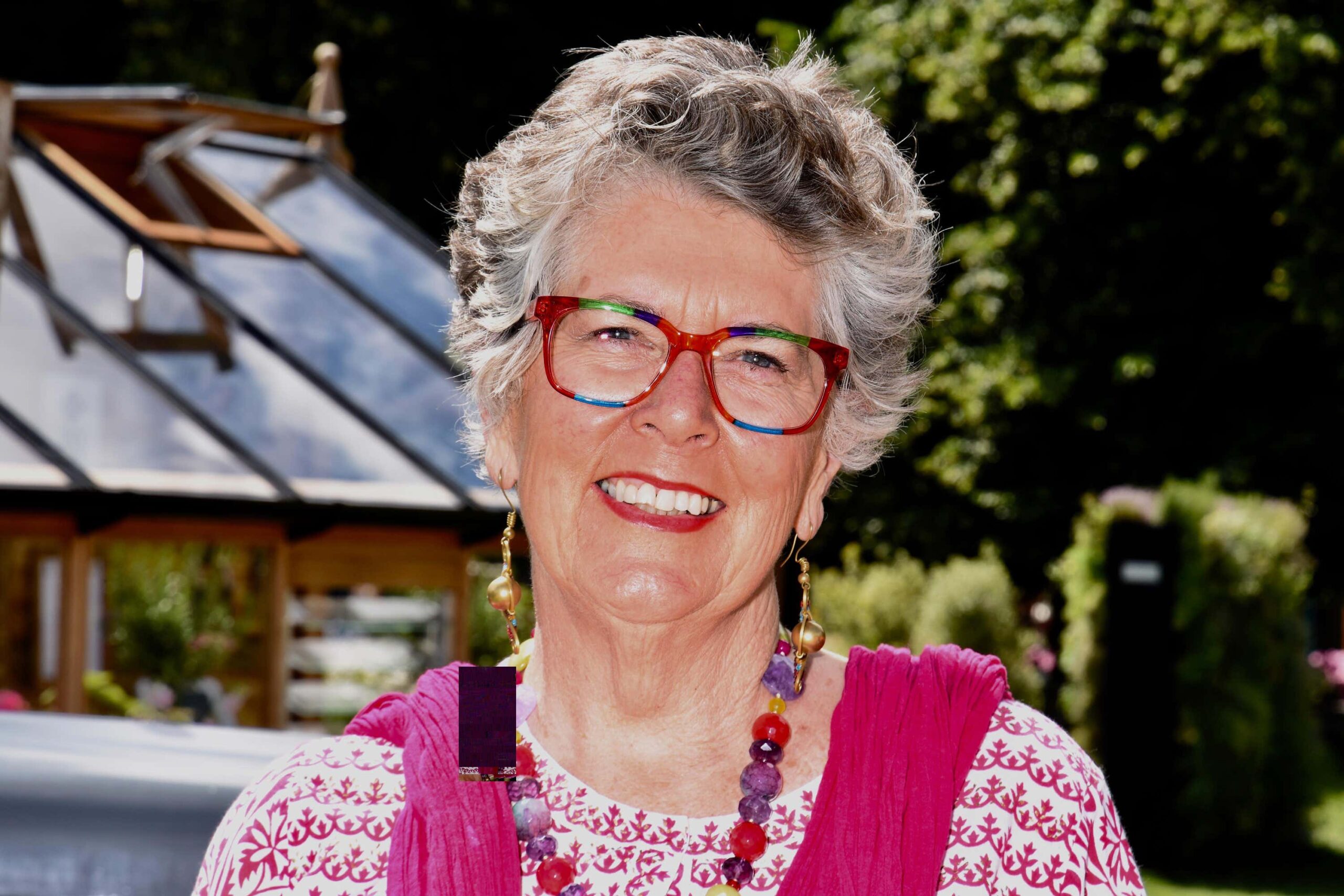Simple tips for reducing your food waste at home
Culinary queen Prue Leith and food expert Dr Rupy Aujla, tackle our issue with food waste in the new Channel 4 show Cook Clever Waste Less which airs on Monday nights.
Experts estimate that in the UK, we throw away a whopping 4.5 million tonnes of food and drink each year, which causes harm to the natural environment as landfills produce large amounts of methane gas.
The sustainability not-for-profit organisation, Wrap, produced a 2020 report which also estimates that food waste is putting us out of pocket, as the average household could save £700 each year by only purchasing the food that they eat.
Here are some simple tips and ideas to help you make the most of the food in your fridge.
Plan your portions
 One of the biggest causes of household food waste is miscalculating how much of a dry ingredient, like rice or pasta, you actually need.
One of the biggest causes of household food waste is miscalculating how much of a dry ingredient, like rice or pasta, you actually need.
As a rule of thumb, half a mug of uncooked rice grains will serve two people, and a single portion of uncooked spaghetti is around the same width as a £1 coin.
Any surplus you do have can be stored in an airtight container in the fridge – just make sure you follow the NHS instructions on reheating rice to avoid food poisoning, so cool it quickly, keep it in the fridge for no more than a day, reheat it thoroughly so it is steaming hot all the way through before eating, and only reheat rice once.
Sign up to a recipe box
Recipe boxes like Mindful Chef, Hello Fresh and Green Chef send you the precise amounts of ingredients you need to cook each recipe, so you don’t have to throw away excess food in the process.
You could also sign up to Oddbox, another recipe box that works with growers across the UK to rescue misshapen fruit and veg at risk of going to landfill.
Compost your scraps
Composting your kitchen waste, like vegetable peelings and wilting herbs, is super easy to do. Pretty much all types of organic refuse make excellent compost material, which can bring your garden to life in the summer.
Pop your scraps into a compost bin and they’ll break down over the course of around a year, giving your free compost to fertilise your garden soil.
Use your freezer
Vegetables that are wilting in the fridge, like spinach and kale, can be stored for months in the freezer and used as a base for smoothies and soups.
You can also keep frozen broccoli, peas and chopped pepper on hand to toss into stir fries, rather than buying them fresh every time you fancy cooking a noodle dish.
Take a photo of your fridge before you head to the supermarket
There’s nothing more annoying than buying lots of food at the supermarket, only to realise that you already had half of the ingredients sitting in your fridge.
The beauty of smartphones means you can take a quick snap of your cupboards before you leave the house, so you can plan better and only buy the food that you really need.
Learn how to store foods properly

There are certain storage techniques that can make produce last longer. For instance, placing the stems of your herbs in a shallow cup of water while in the fridge can extend their shelf life.
Similarly, a squeeze of lemon on an uneaten avocado half can prevent premature browning, while storing your milk in the middle of the fridge, rather than the door, means it’s less likely to spoil from uneven temperatures.
If all else fails, lots of fresh ingredients can be cooked and whizzed into a delicious soup. Pop in your freezer and enjoy it another day.



















